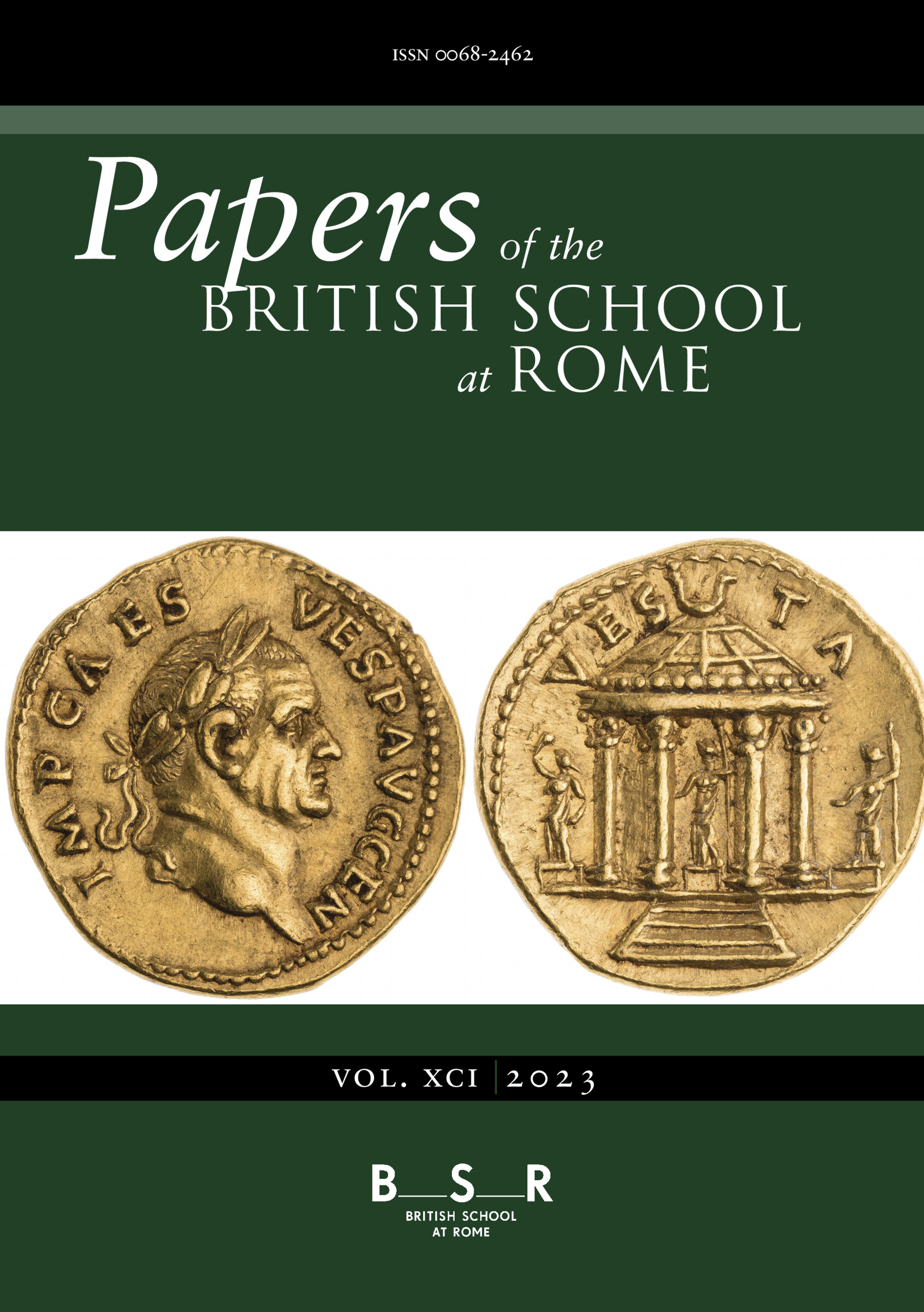My research focuses on labour narratives, anticolonialism and black cultures in post-war Italy. During my research stay at the BSR, I worked on a small research project devoted to one event that marked a crucial moment in the mediation and production of black cultures in Italy: the Second Congress of Black Writers and Artists. This took place in Rome in late March 1959. It was organized by the journal and publisher Présence Africaine and by the Société Africaine de Culture, in collaboration with the then Istituto Italiano per l'Africa. The event, which hosted more than 100 intellectuals and artists from Africa, the Americas and Europe, revolved around the crucial theme of the unity of black cultures. My research project maps out the main archival sources available on the event and the coverage of the Congress by the Italian periodical press by looking at a corpus of newspapers and cultural journals across the whole political spectrum. It reconstructs the networks that made the event possible and that led to the choice of Rome as its venue. It demonstrates how the Congress was not only thoroughly documented and discussed but also used self-reflectively by Italian intellectuals from different political backgrounds as an occasion to look at Italy's own present, a century after the unification.
In the three months I spent in Rome, I managed to scrutinize all the newspapers and journals in my corpus at the Biblioteca Nazionale Centrale and get reproductions of the materials I need for the publication growing out of this research. In February 2024, I presented the first findings of this research at a roundtable seminar at the University of Warwick, with Jennifer Burns, Philippe Le Goff and Luca Peretti. Moreover, in March 2024 I contributed to a podcast and newspaper article, commenting on how different sectors of the periodical press approached and discussed the Congress. While in Rome, I also consulted the archives currently hosting the documents of Istituto Italiano per l'Africa and obtained some of the documents that have already been catalogued.
In addition, most significantly for the future development of this research, I attended conferences and events during which I engaged with researchers and artists currently working on the Second Congress of Black Writers and Artists. This led me and former BSR fellow Luca Peretti to plan a workshop on The Second Congress of Black Writers and Artists, 65 years later, hosted by the Royal Netherlands Institute in Rome (KNIR). The workshop gathered the community of scholars and practitioners who are exploring the Congress as a research object but also as a source of inspiration for experiences of collaboration and engagement with the problematic Italian colonial and anticolonial legacies. It included research and practice presentations and an open discussion on how to mark the 70th anniversary of the Congress in 2029.
After my months in Rome, thanks to my current fellowship, I had the opportunity to consult another key archive for my research on the Congress: that of Présence Africaine, stored at Institut Mémoires de l’édition Contemporaine at Caen (France). This research trip granted me access to essential materials to document not only the actual making of the Congress but also the power dynamics behind it.


